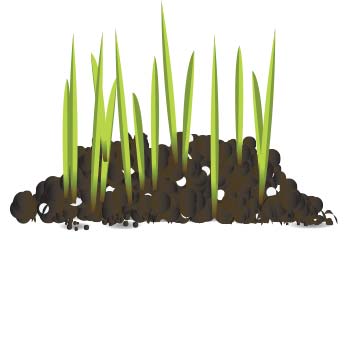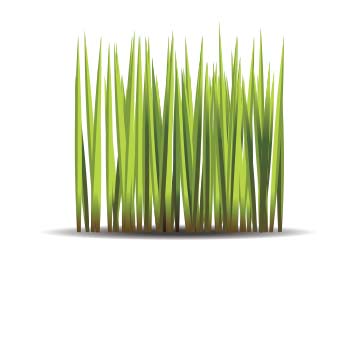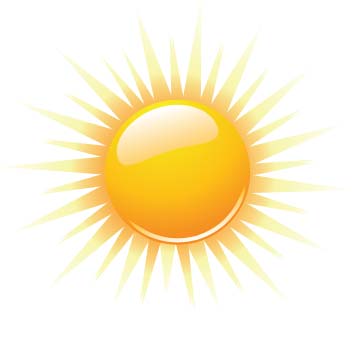Medical Studies Prove ORALAIR® Effectiveness
ORALAIR was studied in medical studies that included more than 2,500 adults and children with allergies to 1 or more of the 5 grass pollens in ORALAIR. Treatment was started about 4 months before the grass allergy season began and continued throughout the season.
- In medical studies, ORALAIR improved grass allergy symptoms in the first allergy season it was taken
- In another medical study, people who took ORALAIR before and during 3 grass allergy seasons in a row had their allergy symptoms improve even further in each year
Read on for more information about how ORALAIR has helped other people with their grass allergies.
You may have some side effects from ORALAIR. In medical studies, the most common side effects in children and adults were itching of the mouth, lips, tongue, or throat.
These side effects, by themselves, are not dangerous or life-threatening. They usually go away soon after treatment starts. If you have a side effect that bothers you or does not go away, talk with your allergy specialist. He or she may be able to help you manage it.
Please see additional Important Safety Information below and full Prescribing Information, including Boxed Warning and Medication Guide.
Reduced Grass Allergy Symptoms
There are many symptoms of grass allergies, and some of the most common include:
- Sneezing
- Runny or itchy nose
- Nasal congestion
- Itchy and watery eyes
In medical studies, people reported that these symptoms were improved during the first grass pollen season they took ORALAIR. They also took less allergy medicines than people who did not take ORALAIR. Those allergy medicines included over-the-counter and prescription allergy medicines like antihistamines, nasal sprays, and other allergy pills.
In medical studies of ORALAIR*
The effectiveness of ORALAIR was measured in medical studies by a daily combined score of how troublesome allergy symptoms were and how much other allergy medicine was used.
*ORALAIR is approved for use in people 10 to 65 years old.
Continued Improvement, Season After Season
ORALAIR has also been proven to help beyond the first grass allergy season. A medical study showed that people who took ORALAIR about 4 months before and during 3 grass allergy seasons in a row had more symptom improvement and took less allergy medicine in each year. Your allergy specialist will be able to tell you when you should start taking ORALAIR before the next grass allergy season.
ORALAIR improved allergy symptoms and use of other allergy medicines in 3 seasons in a row

ORALAIR can cause severe allergic reactions that may be life-threatening. Symptoms of allergic reactions to ORALAIR include:
- Trouble breathing
- Throat tightness or swelling
- Trouble swallowing or speaking
- Dizziness or fainting
- Rapid or weak heartbeat
- Severe stomach cramps or pain, vomiting, or diarrhea
- Severe flushing or itching of the skin
If any of these symptoms occur, stop taking ORALAIR and immediately seek medical care. For home administration of ORALAIR, your doctor should prescribe auto-injectable epinephrine for you to keep at home for treating a severe reaction, should one occur. Your doctor will train and instruct you on the proper use of auto-injectable epinephrine.
Please see additional Important Safety Information below and full Prescribing Information, including Boxed Warning and Medication Guide.

Pay as little as $15 a month with a maximum monthly benefit of $100*
*Eligibility restrictions, terms, and conditions apply.





